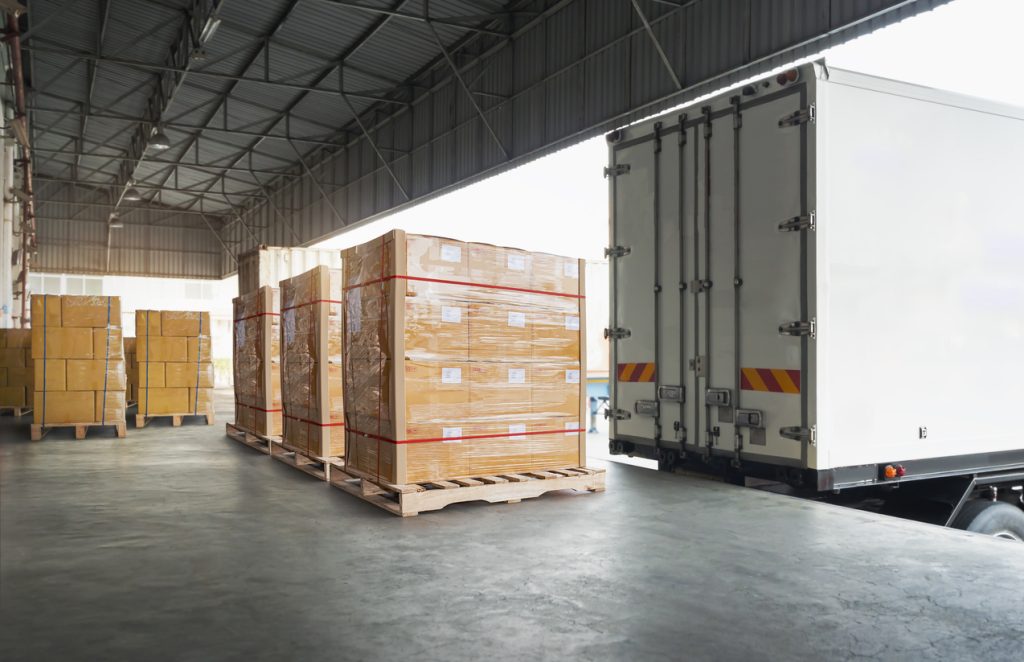Overview
Shipping goods from Nigeria to Kenya has become increasingly vital as trade and e-commerce expand across Africa. Whether you’re a business exporting products or an individual sending personal items, understanding the logistics, customs, and delivery timelines is essential for smooth cross-border shipping.
This guide covers the key aspects of sending cargo from Nigeria to Kenya, including shipping options, costs, required documentation, and trusted logistics providers.
Common Items Shipped from Nigeria to Kenya
- Fashion products and textiles
- Electronic devices and accessories
- Documents and office supplies
- Processed food and cosmetics
- Spare parts and industrial equipment
Shipping Options
1. Air Freight
Ideal for urgent and lightweight shipments (1–100 kg). Air freight ensures faster delivery (typically 3–7 business days) and is commonly used for time-sensitive or high-value items.
2. Sea Freight
Best for bulky or non-urgent cargo. Sea freight takes longer (15–30 days) but offers lower costs per kilogram, making it suitable for large shipments or commercial goods.
3. Courier Services
For parcels under 30 kg, international couriers offer door-to-door delivery. They handle customs clearance and provide real-time tracking. Ideal for documents, electronics, or small personal items.
Estimated Shipping Costs (2025)
Pricing varies by weight, speed, and service type. Below are average estimates:
| Item Type | Weight | Air Freight (₦) | Courier (₦) |
|---|---|---|---|
| Documents | <1 kg | ₦25,000 – ₦35,000 | ₦30,000 – ₦40,000 |
| Electronics | 2–5 kg | ₦60,000 – ₦90,000 | ₦70,000 – ₦100,000 |
| Small Parcel | 10–15 kg | ₦120,000 – ₦180,000 | ₦150,000 – ₦200,000 |
| Bulk Shipment (Sea) | 100+ kg | ₦1,500 – ₦2,500/kg | N/A |
Note: These are indicative rates and may vary depending on the courier and customs duties.
Customs and Documentation
To ship from Nigeria to Kenya, the following documents are typically required:
- Commercial Invoice (or packing list for personal items)
- Export Declaration Form (NXP for commercial items)
- Receiver’s ID or Contact Information in Kenya
- Import Permit (if required for restricted items)
- Certificate of Origin (for certain categories)
Ensure your cargo complies with Kenya Revenue Authority (KRA) import regulations to avoid delays or penalties.
Trusted Logistics Providers
1. DHL Express
- Global coverage with door-to-door delivery
- Real-time tracking and customs clearance support
2. Aramex
- Cost-effective for small parcels
- Offers customs and last-mile delivery in Kenya
3. GIG Logistics International
- Offers air freight and consolidated shipping
- Operates from major Nigerian cities to East Africa
4. Travo.ng
- Ideal for booking shipments, tracking orders, and customer support
- Offers integration with courier partners for simplified cross-border delivery
Shipping Tips
- Compare quotes from multiple logistics companies
- Label packages clearly with addresses and contact details
- Avoid restricted items (e.g., narcotics, explosives, counterfeit goods)
- Use protective packaging for electronics and fragile goods
Conclusion
Shipping from Nigeria to Kenya is straightforward with the right planning and logistics partner. Whether you’re sending business cargo or personal packages, understanding costs, transit options, and regulatory requirements ensures timely and secure delivery. For reliable and affordable shipping, platforms like Travo.ng simplify the process through trusted courier networks and end-to-end logistics support.







